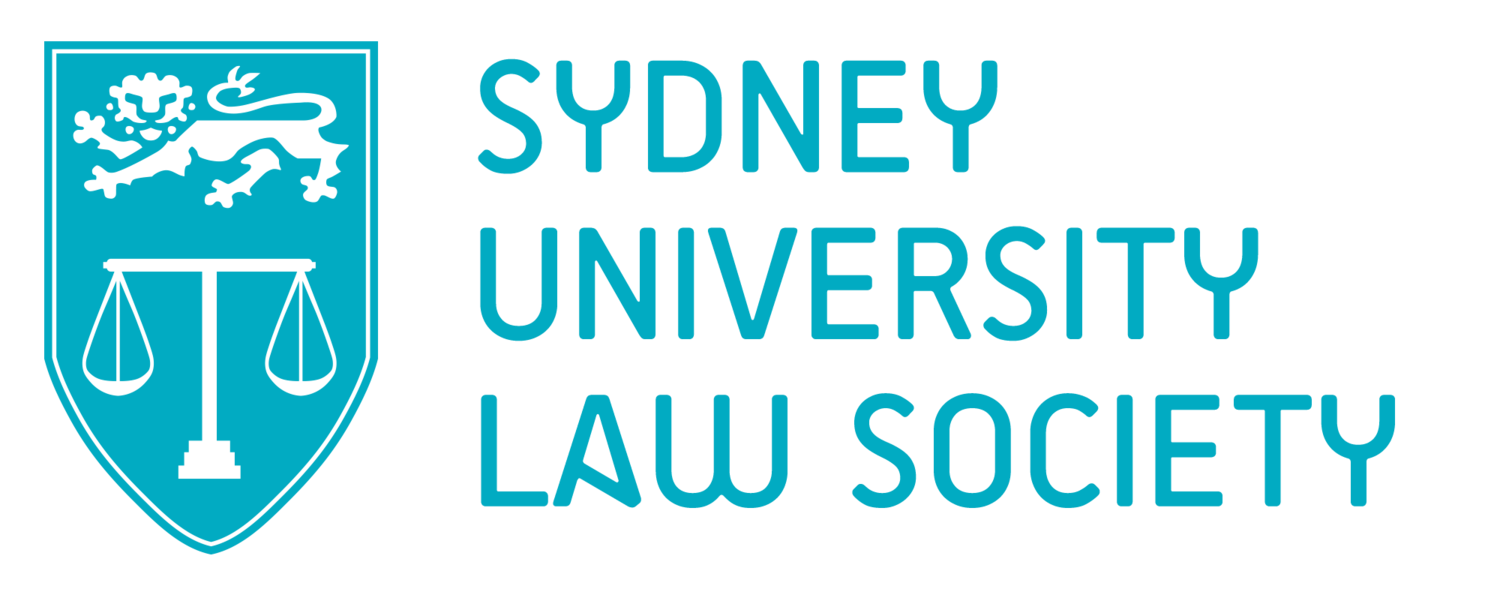By Joseph Black (JDII)
The desire to be selected for a clerkship seems to be shared ubiquitously among law students and aspiring lawyers in Australia. At the same time, because so many people end up applying for clerkships, not all applicants, including excellent applicants, can be accepted. This can create quite a bit of heartbreak and sorrow.
Let us state a hypothetical: you are an excellent student who was not accepted for a clerkship. What do you do during your holiday instead?
Below are some ideas I have come up with. I do not speak as a coach, expert, or adviser but merely as a fellow law student, who has considered a variety of possibilities.
Learn a new language
One idea is to learn a new language. Our law school hosts an incredible number of students from around the world. By learning one of their languages, maybe you can learn to better converse with them, or at least in a new way, during and after the pandemic. Perhaps this could help you land a job in Australia or abroad in future. By learning a new language, maybe you can develop new ways of perceiving life.
If you spend several hours each week learning a new language, I believe it is quite possible you could be semi-fluent by the end of the break. If you spend several hours each day, perhaps you will be a multilinguist in a few months.
Write for a publication
Another idea is to write for the Law School paper. At Sydney Law School, you have a myriad of options: Citations, Yemaya, Dissent, MOSAIC, Law in Society. The University of Sydney also has Honi Soit, and, I assume, many other papers as well. Through writing, you may develop your voice, which could help you continue to write fantastic essays later in your law degree, and foster a brand for yourself, which could help you advance in your future lawyering career. Maybe you can write an article assessing recent law reform in a particular area of law. Maybe you can write an article focusing on native title.
Study abroad*
Given the current pandemic and travel ban in Australia, study abroad is probably best for students already overseas or who can easily and responsibly travel overseas. Universities abroad often have winter schools, summers schools, summer institutes, and short non-degree programs in a variety of subjects throughout the year.
You could study a field of law you cannot study at Sydney Law School, expand your network of lawyers and aspiring lawyers (internationally), connect with professors at other schools who can connect you to future jobs, and study material which you can later use in Sydney Law School assessments. A quick Google search can help you find a variety of options available. European University Institute in Italy offers a myriad of short programs throughout the year.
Volunteer at legal centres in your community
Volunteering at legal centres can truly be insightful. You can: see how solicitors work, interact with authentic clients in real life, help make significant and positive impacts on others’ lives, and see if a certain field of law really is for you. In my opinion, volunteering at legal centres is vital to building the community – and, as aspiring lawyers, that is a noble thing to do. Maybe you can volunteer at Marrickville Legal Centre. Maybe you can (remotely) volunteer with the Earth Law Center in the United States. A quick Google search shows a variety of options are available.
Volunteer at charities (not specifically law-related)
Like volunteering at legal centres, volunteering at charities can truly be insightful. You can: have the opportunity to help those who are extremely in need, have exposure to things you would not have had exposure to otherwise, practice another language, and make a real impact in the world. There are so many charities to choose from. Some places you could volunteer at, in Sydney, include Salvation Army, Vinnies, Twenty10, and ACON. Once again, Google can be helpful.
Do a law internship
If your heart is set on the clerkship, maybe look at doing a law internship instead. Through a law internship, you can still have the opportunity to engage with legal issues, make contacts in the legal universe, whet your legal mind, and perhaps help yourself land a job in the legal universe post-degree.
Sydney Law School offers internships at its different institutes: The Centre for Asian and Pacific Law, Sydney Institute of Criminology, Sydney Centre for International Law, and many others. A quick Google search can maybe help you find law internships at other places in your area as well.
Of course, this is not an exhaustive list of ideas, but just a sample. Now, try this. Grab a pad, pen, and trace a circle in the middle of a page. In the middle of the circle, put YOUR NAME and WINTER 2020. Around YOUR NAME, list a variety of things you could do. What do you think you could do, which could help propel you towards a career in criminal law? Take an online criminal law class, focusing on criminal law in America, through FutureLearn or Coursera? Do something quite novel, and take an online class on Pashtunwali? Do not let those clerkship rejection letters get in your way. The world is your oyster.
* For study abroad during the pandemic, I would probably carefully consider pros and cons and specific legal issues regarding going out or coming back to Australia or another country, with someone appropriate to consult. For study abroad, perhaps a virtual study abroad is possible?

